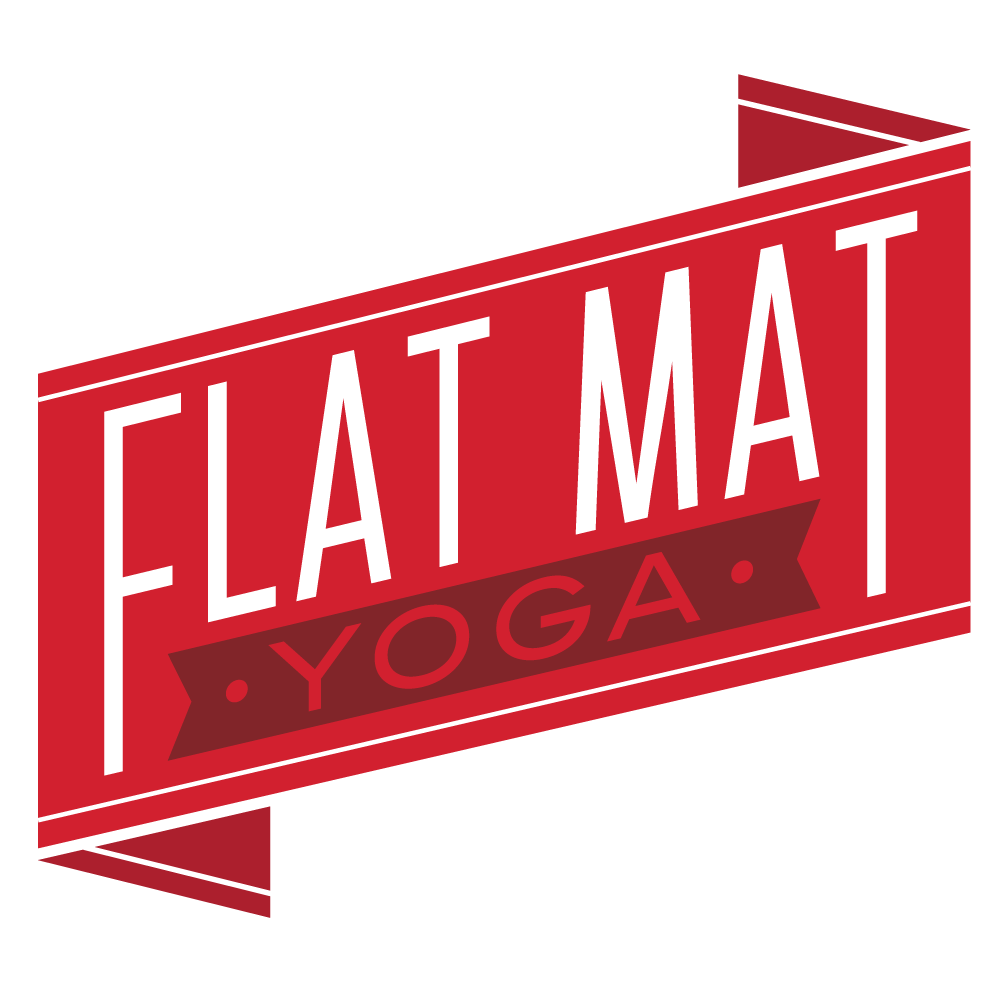You want to get on the track and skate hard. You want to swing those kettlebells or lift weights. You want to work up a serious sweat. I know. I get it. I’ve been there.
Here’s the thing: you need to up your mental game, too.
27 in 5? Part physical, part mental.
Stopping that jammer so they don’t make the apex jump? Part physical, part mental.
Clearing the pack first and getting lead jammer? Part physical, part mental.
That doesn’t mean that you should take the hour that you were going to spend at the gym and instead sit in a dark room and clear your mind of all thoughts. Hell no.
It does mean that you need to spend a little time getting focused and calming your breath, also known as meditating.
How can meditation help your game?
- It hones your focus. When you first start playing derby, it is overwhelming–and depending on how your day’s gone, it can feel like madness even when you’ve been skating for years. Especially if there’s a loud crowd in the background. If you’ve got a meditation practice, you’ll be able to better clear your mind and keep your head in the game so that you can kick more ass.
- It slows your heart rate. When your heart rate gets over 175 bpm, your body kicks into survival mode. Complex motor skills? They start to disappear over 145 bpm. One way to slow your heart rate and keep that in check? Deep breaths. Hey, meditation!
- It gets you in the zone. You want to find that state of being in flow: that combo of feeling confident, calm, and focused. If you’ve got a regular meditation practice, you’ll be better at keeping distractions out, as well as knowing that you’re ready to rock it.
- It helps you feel better. There have been a lot of studies showing that meditation can help with stress and anxiety. That’s not to say it’ll fix everything, but there are proven benefits.

Ready to Get Started?
All you need is 1 – 5 minutes. Seriously. Start small!
- Get comfortable. Sit cross-legged on the floor. Sit in a chair with your feet flat on the floor. Lie on your back. Sit with your back against a wall. Find a way to be that feels like you can stay there for a few minutes–and if it turns out you need to shift around, don’t be afraid to do a little of that.
- Set a timer for 1 – 5 minutes. There are meditation timer apps (I use Insight Timer.), or you can set a timer on your phone, set an alarm, or even use the timer on your microwave. Set something, though, so you don’t need to keep looking at the clock.
- Turn away from your timer. Place your phone screen down or face away from your clock.
- Breathe. Inhale, one. Exhale, two. Inhale, three. Exhale, four. Count up to 50 in that way. If you make it to 50, start over at 1 again. If you don’t make it to 50 because your mind wandered off, no worries! Start over at 1 again.
That’s it: you’ve meditated!
Try this: before practice, before a bout, first thing when you wake up in the morning, before bed, when you’re sitting and waiting at the doctor’s office, when you’re on the bench after a jam (use the whistles as your timer), when you’re waiting for your coffee to be ready, after a frustrating meeting at work, before your skills assessment, before you need to have a hard conversation with a friend or teammate, when you have a few minutes before you need to leave the house…you get the idea.
You Need to Up Your Mental Game February 13th, 2018Kat Selvocki

